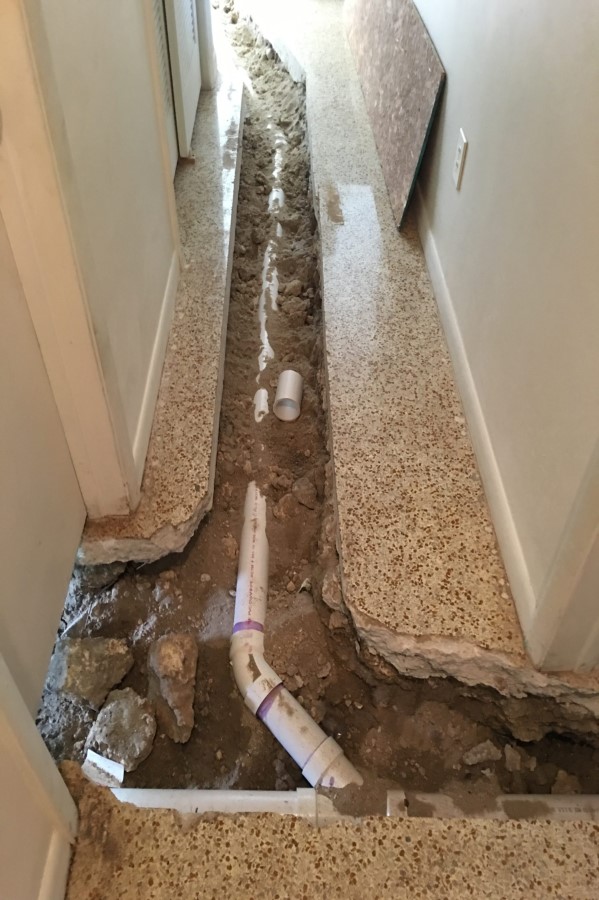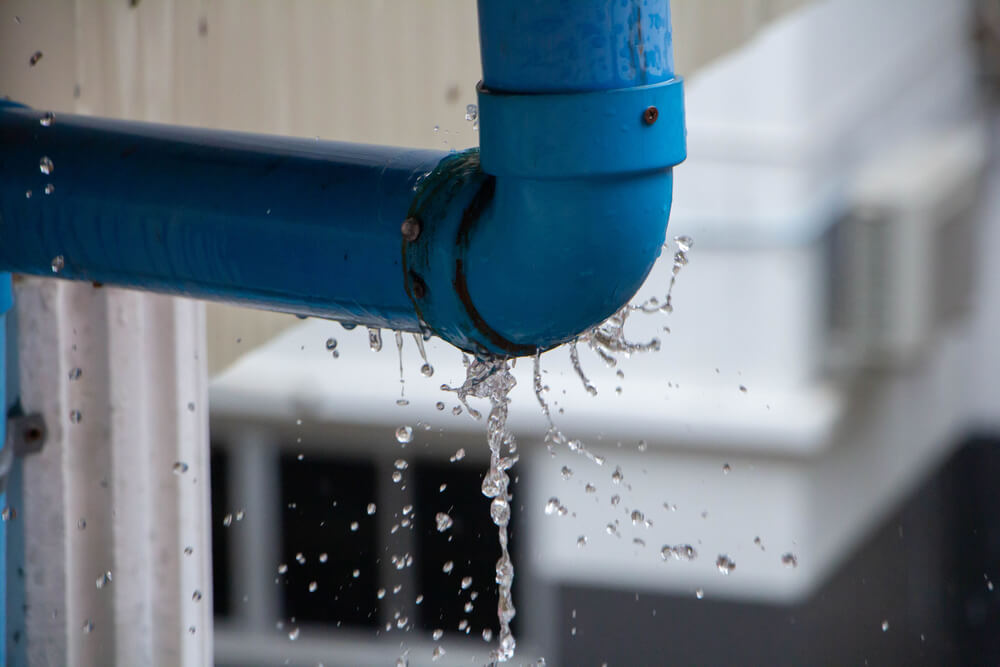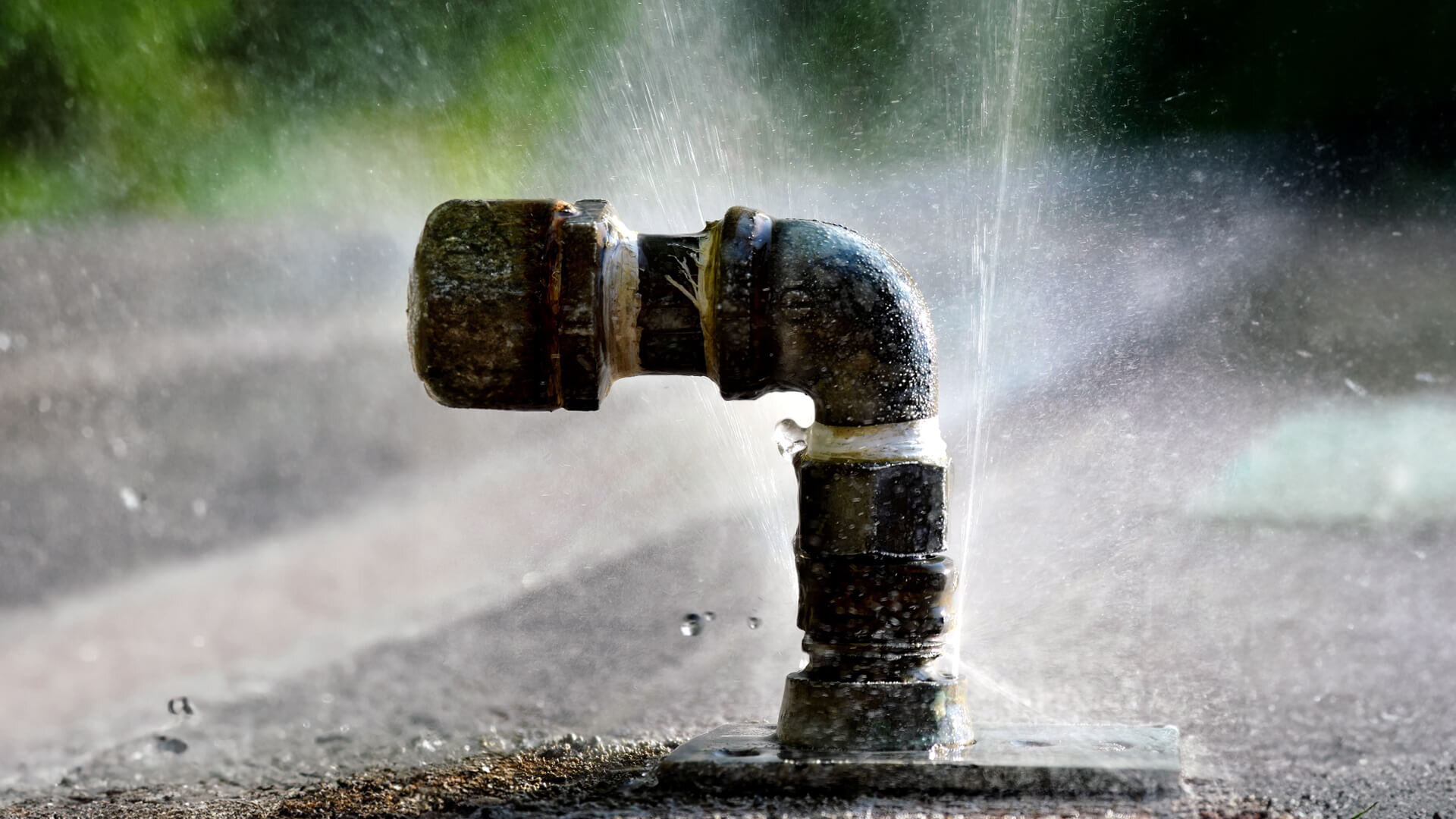What to Do When a Burst Pipe Causes Water Damage in Your Home
What to Do When a Burst Pipe Causes Water Damage in Your Home
Blog Article
Stopping Burst Water Lines: Essential Tips to Secure Your Pipes
Protecting against ruptured pipes is a crucial issue for home owners, specifically throughout chillier months when the threat of freezing is heightened. Applying strategic procedures such as correct insulation, routine assessments, and keeping regular interior temperatures can significantly minimize the probability of pipe failing. In addition, recognizing emergency situation procedures gears up property owners to respond promptly to potential plumbing issues. Nevertheless, numerous are unaware of the details vulnerabilities that their pipes may face. Discovering these susceptabilities can supply important understandings into protecting your pipes system successfully.
Understand Pipe Vulnerabilities
Understanding pipe susceptabilities is important for reliable pipes upkeep and stopping expensive damages. Numerous variables add to the susceptibility of pipelines to ruptureds, consisting of material composition, age, and environmental problems. Older pipelines, especially those made from galvanized steel or polybutylene, often weaken gradually, leading to enhanced danger of leakages and tears.
Temperature level changes can additionally substantially effect pipe honesty. In chillier climates, water caught in pipelines can ice up, exerting and increasing pressure on the pipeline wall surfaces, which may ultimately cause a ruptured. High water stress can stress pipelines, especially at joints and bends, enhancing the likelihood of failure.

Insulate Piping Correctly
Appropriate insulation of pipes is essential for stopping freezing and subsequent ruptureds during cold weather condition (burst pipe). Shielding your pipes system effectively safeguards against temperature goes down that can lead to pricey damages. Begin by identifying susceptible locations where pipes are exposed to outdoor temperatures, such as cellars, attic rooms, and outside walls
Use foam pipeline insulation sleeves or cover insulation tape around these locations to supply a safety obstacle. Make certain that all sections of the pipes, especially those with minimal heat exposure, receive appropriate insulation. Pay unique focus to joints and installations, as these are extra susceptible to freezing.
When shielding, it's vital to select materials that meet neighborhood building regulations and are proper for the certain atmosphere. As an example, fiberglass insulation is commonly advised for its thermal resistance properties - burst pipe. Furthermore, think about utilizing heat wires or tape in extreme problems, which can be plugged in to provide supplemental warmth
On a regular basis check insulated pipes for any kind of signs of wear or damage, as jeopardized insulation can lessen its efficiency. By taking these proactive actions, you substantially lower the risk of pipeline bursts, ensuring a trustworthy pipes system throughout the winter season.
Maintain Constant Temperature Level
A stable interior temperature is crucial for avoiding ruptured pipes during the cold months. When temperatures drop, important source water within pipes can freeze, broadening and creating stress that might ultimately create the pipelines to ruptured.Making use of a programmable thermostat can help handle indoor temperatures efficiently, making sure that areas with plumbing remain warm also when the home is vacant.
Furthermore, it is sensible to enable taps to trickle somewhat during extreme cold spells. This minor flow of water can prevent cold by relieving stress within the pipelines. Furthermore, throughout specifically serious weather condition events, think about see this temporarily putting on hold any nighttime problems on your thermostat to maintain a steady warm atmosphere. By carrying out these strategies, property owners can significantly lower the danger of pipe ruptureds and safeguard their plumbing systems against the extreme winter aspects.
Regularly Check Plumbing
Regular assessments of pipes systems are crucial for stopping burst pipelines and maintaining total home stability. Throughout these inspections, it is essential to take a look at noticeable pipes for indicators of deterioration, leakages, or use.
Furthermore, checking joints and links is essential, as these factors are frequently susceptible to leaks. Home owners should likewise examine water stress degrees, as too much stress can stress the pipes system and increase the risk of pipe bursts.
Think about scheduling professional pipes inspections a minimum of annually, particularly before wintertime, to guarantee your system is prepared for colder temperature levels. Regular examinations not only help in determining prompt concerns yet learn the facts here now also foster lasting maintenance approaches that can enhance the lifespan of your plumbing system. By being positive in your approach, you can secure your home against the expensive and disruptive repercussions of ruptured pipelines. Prioritizing pipes examinations is an investment in your house's health and safety and security.
Know Emergency Procedures
Understanding emergency situation treatments is important for every home owner, particularly after performing regular plumbing examinations. Being prepared for a plumbing emergency can considerably reduce damages and save prices.
Following, maintain important tools convenient. A plumbing emergency package should include a wrench, bettor, and towels, along with a flashlight and a bucket for little leakages. Additionally, consider having the get in touch with details for a relied on plumbing easily offered, should the situation intensify past your control.
If you identify a leak or burst pipe, right away switch off the water system and alert your plumbing professional. In addition, document the damages with pictures for insurance policy objectives. burst pipe. Be aware of the indications of prospective plumbing problems, such as unusual water pressure changes or damp areas on walls
Eventually, positive understanding and quick action are important in handling plumbing emergencies, ensuring your home remains protected and minimizing potential damages.

Verdict
To conclude, avoiding ruptured pipes demands a diverse approach that consists of understanding pipe vulnerabilities, proper insulation, preserving consistent interior temperature levels, routine inspections, and understanding of emergency situation procedures. By applying these vital strategies, the danger of pipes failings can be dramatically minimized, consequently ensuring the long life and effectiveness of the pipes system. Positive procedures not only guard against prospective damages but likewise add to general water preservation and the defense of residential property.
In colder climates, water caught in pipelines can freeze, applying and broadening stress on the pipeline walls, which might inevitably lead to a burst. When temperatures decrease, water within pipelines can ice up, creating and increasing pressure that may eventually trigger the pipelines to ruptured. By implementing these techniques, house owners can dramatically reduce the risk of pipeline ruptureds and protect their pipes systems versus the harsh winter months aspects.

Report this page